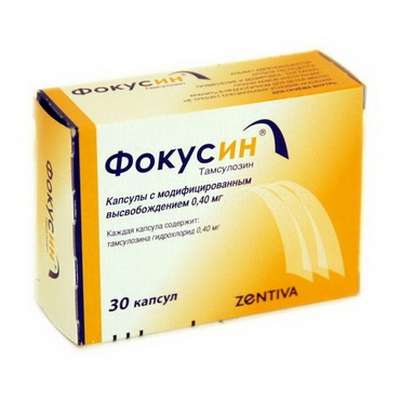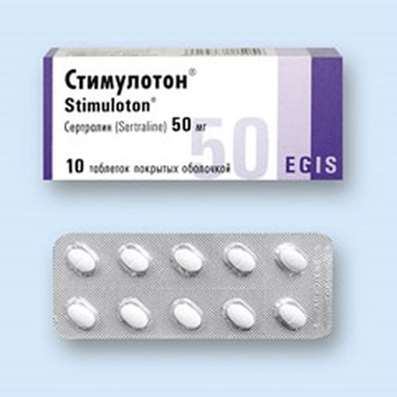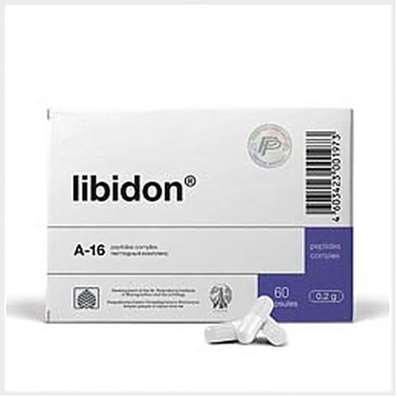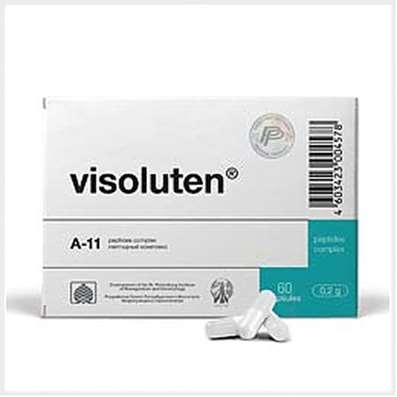Instruction for use: Pensulin SR 100 IU/ml
I want this, give me price
ATX Code A10AB03 Pork insulin
Active substance Insulin soluble [pork monocomponent]
Pharmacological group
Insulins
Nosological classification (ICD-10)
E10 Insulin-dependent diabetes mellitus
Decompensation of carbohydrate metabolism, Diabetes mellitus, Diabetes insulin sugar, Diabetes mellitus type 1, Diabetic ketoacidosis, Insulin-dependent diabetes, Insulin-dependent diabetes mellitus, Coma hyperosmolar non-ketoacidotic, Labile form of diabetes mellitus, Violation of carbohydrate metabolism, Type 1 diabetes mellitus, Type I diabetes mellitus, Insulin-dependent diabetes mellitus, Type 1 diabetes mellitus
E11 Non-insulin-dependent diabetes mellitus
Acetonuric diabetes, Decompensation of carbohydrate metabolism, Diabetes insulin-independent sugar, Diabetes sugar type 2, Type 2 Diabetes, Non-insulin-dependent diabetes, Non-insulin dependent diabetes mellitus, Non-insulin-dependent diabetes mellitus, Insulin resistance, Insulin resistant diabetes mellitus, Coma lactobacillus diabetic, Violation of carbohydrate metabolism, Type 2 diabetes mellitus, Diabetes mellitus type II, Diabetes mellitus in adulthood, Diabetes mellitus in old age, Diabetes insulin-independent, Diabetes mellitus type 2, Sugar insulin-independent diabetes type II
Composition and form of release
1 ml solution for injection contains insulin pork highly purified monocomponent 100 units (unit of action) and nipagin as a preservative 1 mg; In cartridges of 1.5 ml for syringe pens, in the contour acheive box 5 cartridges, in a carton 1 pack.
Characteristic
Pork monocomponent insulin in the form of a neutral solution. Colorless or slightly colored transparent or almost transparent liquid.
pharmachologic effect
Pharmacological action - hypoglycemic.
It lowers the level of glucose in the blood, increases its absorption by tissues, activates glycogenogenesis, synthesis of protein and lipids, inhibits lipolysis, glycogenolysis and conversion of amino acids into glucose.
Clinical Pharmacology
The preparation of insulin is fast and short-acting. The effect develops 30 minutes after the SC administration, reaches a maximum in the interval 1-3 hours and lasts 8 hours.
indications
Diabetes mellitus (type 1), diabetes mellitus (type 2) (in the case of resistance to oral hypoglycemic drugs, including partial for combination therapy, against intercurrent diseases, during pregnancy).
Contraindications
Hypersensitivity, hypoglycemia.
Side effects
Hypoglycemia, allergic reactions (skin rash, rarely - angioedema, extremely rare - anaphylactic shock), transient refractive disorders; Hyperemia, itching, lipodystrophy (with prolonged use) at the injection site.
Interaction
MAO inhibitors, nonselective beta-blockers, sulfonamides, anabolic steroids, tetracyclines, clofibrate, cyclophosphamide, fenfluramine, preparations containing ethanol increase hypoglycemic effect; Oral contraceptives, glucocorticoids, thyroid hormones, thiazide diuretics, heparin, lithium preparations, tricyclic antidepressants - weaken. Reserpine and salicylates can both weaken and enhance hypoglycemic action.
Dosing and Administration
P / to, the dose is determined individually. With monotherapy - 3 times a day, if necessary - 5-6 times a day. 30 minutes after the introduction, you must take food. A daily dose exceeding 0.6 U / kg should be administered as two or more injections in different areas of the body. Treatment can be combined with the use of long-acting insulin.
Overdose
Symptoms: sudden increase in sweating, palpitation, tremor, hunger, agitation, paresthesia in the mouth, pallor, headache; In severe cases - hypoglycemic coma.
Treatment: ingestion of sugar or foods rich in carbohydrates; In severe cases - the introduction of glucose (40% solution iv) and glucagon (IM, p / k, iv).
special instructions
Patients who receive more than 100 units / day Pensulin CP, when changing the drug, it is advisable to hospitalize.
The transition from one type of insulin to another should be carried out under the control of blood glucose.
At primary appointment, change of a kind of insulin or occurrence during treatment of stressful situations the ability to control vehicles and mechanisms, to other potentially dangerous kinds of activity requiring attention and speed of reaction is possible.
When changing the nature and diet, significant physical exertion, infectious diseases, surgical interventions, pregnancy, thyroid dysfunction, Addison's disease, hypopituitarism, renal insufficiency, and in patients older than 65 years, the dosage should be adjusted.
Insulin lowers tolerance to alcohol.
Storage conditions
At a temperature of 2-8 ° C (do not freeze).
Keep out of the reach of children.
Shelf life
2 years.
Do not use after the expiry date printed on the package.

 Cart
Cart





